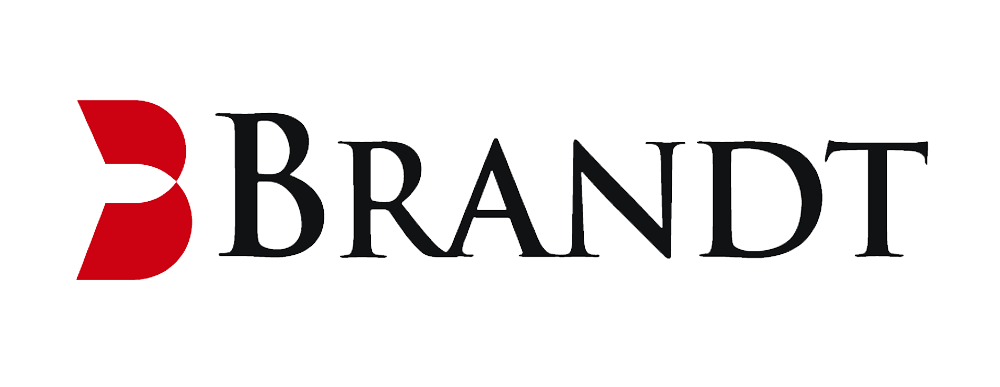Boater Retention Since 2020: A Changing Landscape
Since 2020, Brandt’s customers have experienced notable shifts in demographics, registration trends, and retention challenges. Understanding these changes is crucial for our state partners to adapt strategies that sustain and grow their boating communities. As we analyze these trends, our focus remains on enhancing the experience and engagement of boaters within our partner states.
Trends in New Boat Registrations
One of the most significant trends since 2020 is the fluctuation in the percentage of new boat customers who have never owned a boat before. In 2020, 52% of new boat registrations were from first-time owners, slightly decreasing to 50% in 2021. However, in 2022, there was a resurgence to 53%, indicating a renewed interest in boating among novices. But 2023 saw a drop to 45%, suggesting a potential decline in the enthusiasm of new boaters.
This decline in first-time registrations could be attributed to various factors, including economic conditions and rising interest rates, which may be dampening the ability of new customers to enter the market.
Shifting Demographics: The Age Factor
The age demographics of boat registrants have shifted. In 2023, the average age for new vessel registrations was 49, down from 50 in 2022, showing a trend toward younger owners. Renewals averaged 56 years in 2023, a decrease from 60 in 2022, indicating earlier renewals or continued engagement from older boaters. These trends highlight the need to tailor marketing strategies to a younger audience while keeping long-term boaters engaged.
Vessel Registration: Timeliness Matters
One of the ongoing challenges in the boating industry is the delay between the time of purchase and the start of the registration application. On average, it takes 22 days for a customer to begin their application after purchasing a vessel. Moreover, the average time from sale to reporting a vessel is a staggering 280 days.
This delay is not just an administrative inconvenience; it has financial implications for the state. Unreported sales can result in customers using previous owners’ registrations, which costs the state money.

These trends and challenges point to several key areas for improvement:
- Enhance Online Processes: Simplify online applications and renewals to cater to younger boaters and speed up processing times.
- Promote Timely Reporting: Use targeted communication, like Georgia’s successful campaign, to encourage quicker reporting of sold vessels.
- Tackle Economic Challenges: Address the impact of higher interest rates on boat registrations to support sustained industry growth.
The boating industry is at a crossroads, with shifting demographics and economic pressures influencing registration and retention trends. By addressing these challenges head-on—through better online engagement, timely communication, and an understanding of economic factors—the industry can retain more customers and ensure continued growth. At Brandt, we’ve enhanced these processes by implementing a vessel onboarding email series, sending timely registration expiration and expired notices, and making it easier for customers to notify us online when they’ve sold their vessel. These efforts are helping our state partners improve boater retention and streamline the registration experience.




